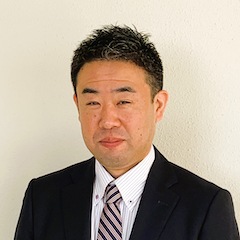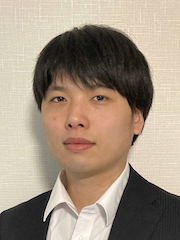MEMBERS
-
 Daisuke Kawaguchi Project Professor
Daisuke Kawaguchi Project Professor- 03-5841-6500
-
 Masafumi Sugiyama Project Assistant Professor
Masafumi Sugiyama Project Assistant Professor- 03-5841-6500
-
 Maxym Tansky Project Assistant Professor
Maxym Tansky Project Assistant Professor
Recent Publications
Research
Social Cooperation Program "Laboratory for Material and Life Sciences for Fusion of Fluorine and Organic Chemistry"
Our research group aims to open an innovative scientific research field by combining (i) technologies related to fluorine chemistry that have been cultivated in industry and (ii) the most advanced scientific knowledge of organic and polymer chemistry in academia in order to create novel functional materials, and medical materrials.
Understanding of Fluorinated Polymers and Application to Materials :
Fluorinated polymers possess unique properties that distinguish them from hydrocarbon polymers. Although carbon-fluorine bonds have a significant dipole moment, fluoropolymers tend to form aggregates with low polarity. They exhibit a variety of properties and functions, including water and oil repellency. However, due to health concerns associated with certain amphiphilic fluoroalkyl compounds, regulations are increasingly restricting the use of specific monomer species. Therefore, it is essential to understand the properties of fluorinated polymers from a molecular perspective and to explore their potential as materials. We are focused on designing new fluorinated polymers and analyzing their structures and physical properties. We also develop a wide range of applications, from industrial materials to those used in medical settings, in collaboration with a company.
Creation of functional materials utilizing fluorinated gases :
Most fluorinated chemical products around us are synthesized using fluorine-based gases as raw materials. However, due to the difficulty in handling these gases, they are rarely used in academic research. As a result, research on fluorinated materials is largely limited to using commercially available products or a restricted set of fluorine-containing building blocks.
Thanks to the strong industry-academia collaboration in our laboratory, we acquire expertise in handling fluorine-based gases, such as fluorine gas and tetrafluoroethylene gas. By utilizing reactions involving these fluorinated gases, we aim to develop organic and polymer materials endowed with the unique properties of fluorine while maintaining a high degree of flexibility in material design.
